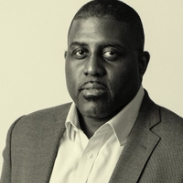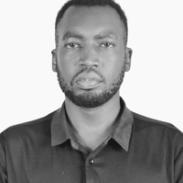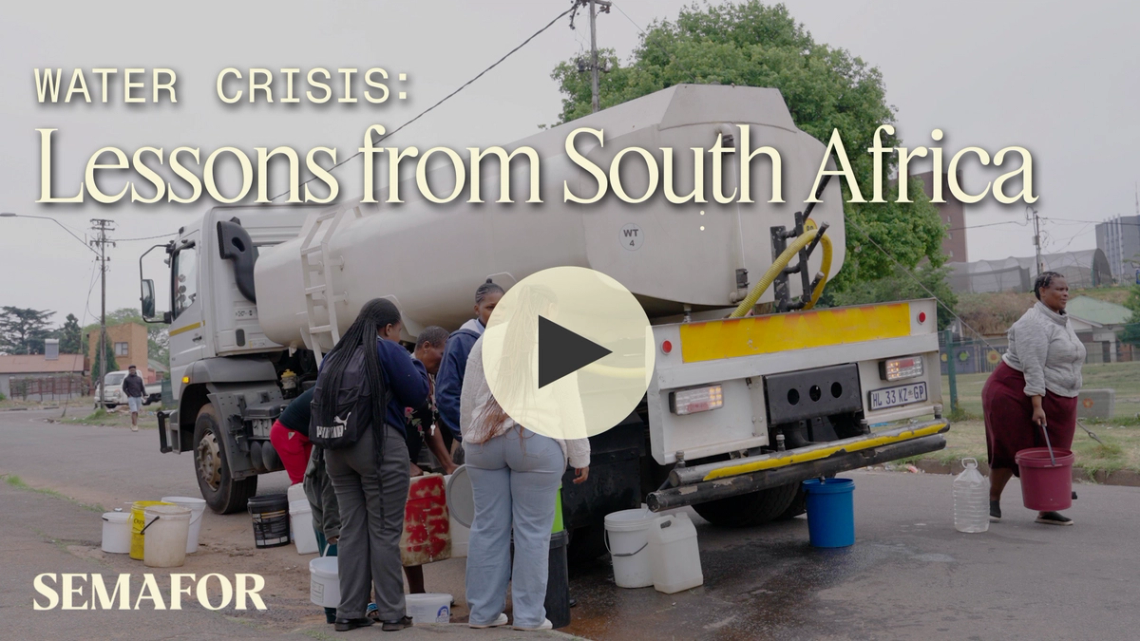THE SCENE  Andrew Powell/Liverpool FC via Getty Images Andrew Powell/Liverpool FC via Getty ImagesSadio Mane, the former Bayern Munich and Liverpool football star, has earned adulation for more than his exploits on the pitch over the course of his storied career. In his home village of Bambali, in southern Senegal, he has helped fund the building of a hospital and a secondary school among other charitable acts. Now, he’s investing in the game that gave him so much. Two months after reportedly signing a $650,000-a-week contract with Saudi Arabian side Al Nassr, Mane acquired a majority stake in French fourth-tier side Bourges Foot 18, a return to the country where he began his professional career at 19. Côte d’Ivoire and Galatasaray star Wilfried Zaha in June co-invested in Croydon Athletic, a ninth-tier club based in the London neighborhood where he grew up. The club, in the talent catchment area of bigger clubs such as the English Premier League’s Crystal Palace where Zaha made his name, is expected to help uncover and develop young players. In 2022, Zaha, alongside his brother, also bought Espoir Club D’Abengourou, a fourth-tier side in Côte d’Ivoire. They hope to get it promoted to the country’s top-flight. Other African football players including Cote d’Ivoire and Chelsea legend Didier Drogba, ex-Senegalese international Demba Ba, and Egypt/Arsenal midfielder Mohamed Elneny have made moves to invest in football teams. KNOW MORE The African football stars and their business advisors are tapping into a broader investment trend in the sport they know and love. Football clubs have become an increasingly attractive asset for major investors from American buyout groups to Gulf states. They have surged in value over the last two decades particularly at the top of the game in Europe’s big leagues, driven up by the rising value of media rights. A spike in the acquisitions of elite football clubs in Europe since 2020 has helped double the aggregate enterprise value of the 32 most prominent clubs in the seven-year period from 2016 to 2023, according to a report by Football Benchmark. Forbes estimated that the top 20 clubs in the world had an average value of $2.89 billion in 2023, an increase of 14% year on year. MARTIN’S VIEW Top African players buying football clubs is part of a larger international trend. Rising earnings among players in the world’s top leagues have enabled more stars to test their business chops as owners. As football clubs become a more attractive asset class, star players are increasingly keen on sharing in the rising value their efforts on the field helped create.  Zinyange Auntony/AFP via Getty Images Zinyange Auntony/AFP via Getty ImagesFor players set on securing their post-retirement financial futures, in particular, diversifying their earnings beyond salaries and sponsorship deals is crucial. An estimated 40% of Premier League players go bankrupt within five years of retirement according to research by football welfare charity Xpro. Ndeye Diarra Diobaye, a director at pan-African investment firm Silverback Holdings, told Semafor Africa that successful athletes are creating a new class of high net worth individuals in Africa that invests in fast-growing sectors including tech and sports. She expects the investments to help athletes reverse a long-term trend.“When we look at natural resources from Africa and talk about the world extracting value, it’s the same in football,” she noted. Cynthia Mumbo, who runs Nairobi-based sports business consultancy Sports Connect Africa, told Semafor Africa that a lack of data and underdeveloped sports ecosystems in Africa were among factors that made Europe a more attractive sports investment destination for the continent’s stars. She predicts that the emerging ownership trends would open up new pathways for African talent to play for European clubs. “Rather than just send money back home, [they’re thinking] I can pull two, five, 100 more kids and add value to my community beyond just being able to send money to my family,” she said. | 







